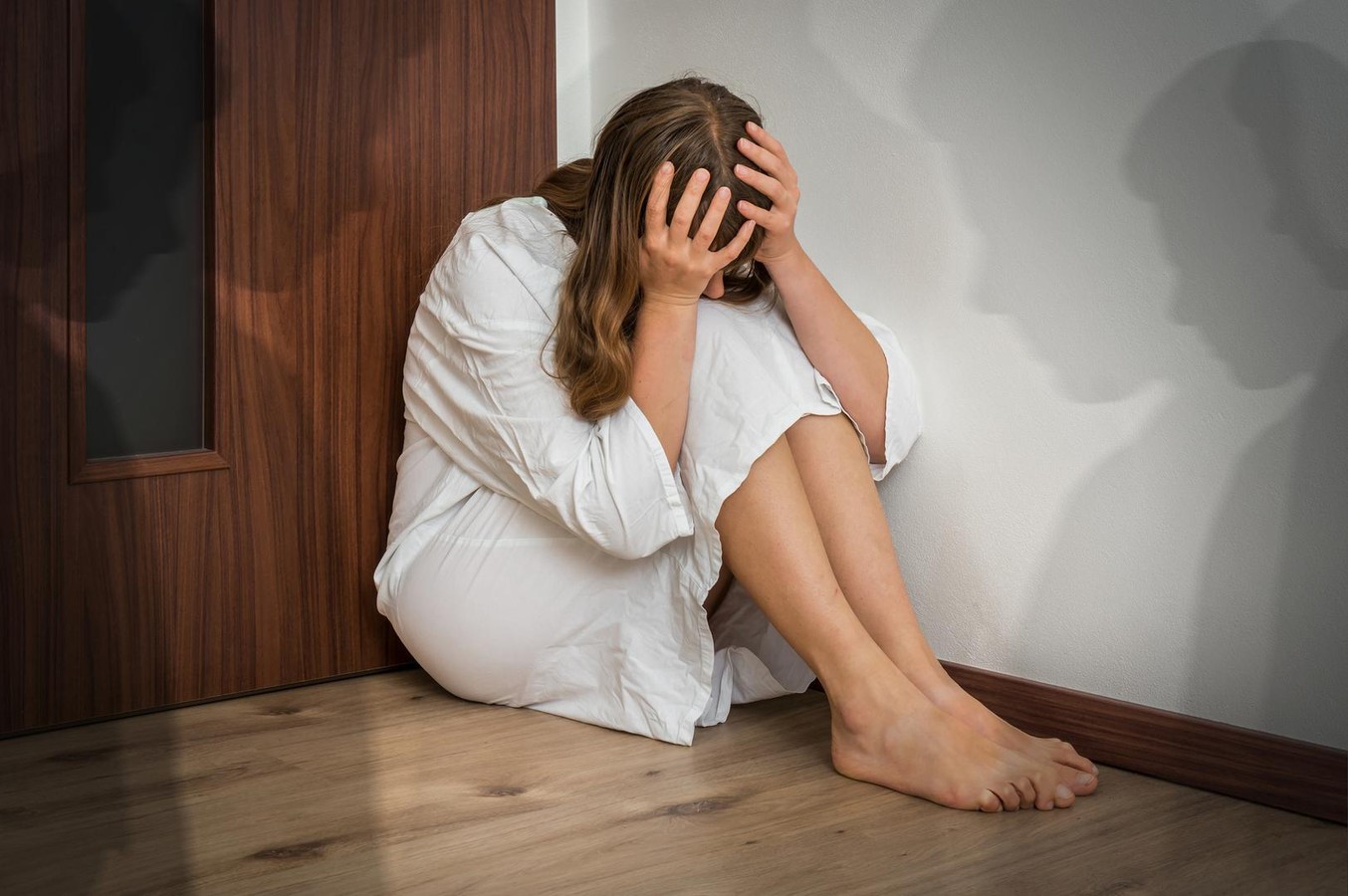
Psychosis: symptoms, causes and treatment
The term psychosis – introduced in 1845 with the meaning of ‘mental illness’ or ‘madness’ – currently denotes a severe alteration of the individual’s psychic balance
It is characterised by disturbances in thinking, impaired reality examination (the psychotic does not accept the reality around him and creates a different one in his mind) and severe difficulties with feelings towards other people.
The main psychotic disorders are:
Schizophrenia
Schizophrenia refers to a psychotic illness in which the person is unable to recognise the real from what is only imagined.
Delusional disorder
One or more delusions that last for at least one month.
Usually no visual or auditory hallucinations appear in the disorder, but tactile or olfactory ones may appear if they relate to the subject of the delusion.
Schizophreniform disorder
Has the same symptoms as schizophrenia, except that the symptoms last for less than six months.
Schizoaffective disorder
This diagnosis is made in cases where the patient consecutively and simultaneously shows symptoms of a mood alteration (e.g. depressive or manic crisis) and symptoms of psychosis.
Brief psychotic disorder
Psychotic disorder that lasts more than a day, but fades within 1 month.
Shared psychotic disorder
Psychotic disorder is said to be ‘shared’ when it occurs to one person who is affected by another who has a similar delusion.
Psychosis, psychotic symptoms
Psychotic disorders have as their predominant feature symptoms such as:
- delusions
- hallucinations
- mood changes
- disorganised or catatonic language and behaviour.
Psychotic symptoms are attributable to disturbances of thought form (alterations in the flow of thought and incoherence), disturbances of thought content (delirium) and disturbances of sensory perception (auditory, visual, olfactory, tactile and kinesthetic hallucinations).
Mental functions become confused or do not follow a logical sequence. The psychotic expresses himself in unclear or nonsensical sentences and has difficulty concentrating, following a conversation or remembering things.
Causes of psychosis
Psychoses generally begin during adolescence and early adulthood.
The causes have not yet been clearly identified, but it is widely assumed that biological, genetic, psychological and environmental factors are involved.
It is likely that organic alterations may create in some people a ‘vulnerability’ to develop psychotic disorders, which may then come to light under particular stress conditions.
Treatment of psychosis: how is it treated?
The treatment of psychosis aims to re-establish proper biochemical functioning of the central nervous system.
First and foremost, treatment is pharmacological and psychological and above all rehabilitative; this is a set of interventions that make up the so-called customised therapeutic rehabilitation project.
This set of interventions is addressed to the patient, the family and the patient’s living context and is aimed not only at controlling symptoms but above all at achieving the ability to play a social role: work, home, family, leisure, etc.
These interventions are administered by both psychiatrists and psychologists as well as professional educators or rehabilitation technicians, nurses and social workers.
In this way, improvement and recovery rates vary between 50 and 80 per cent.
Early diagnosis and intervention are crucial to avoid chronicity and a poor prognosis.
Read Also:
Emergency Live Even More…Live: Download The New Free App Of Your Newspaper For IOS And Android
ADHD Or Autism? How To Distinguish Symptoms In Children
Autism, Autism Spectrum Disorders: Causes, Diagnosis And Treatment
Intermittent Explosive Disorder (IED): What It Is And How To Treat It
Management Of Mental Disorders In Italy: What Are ASOs And TSOs, And How Do Responders Act?
How Cognitive Behavioural Therapy Works: Key Points Of CBT
Psychosis Is Not Psychopathy: Differences In Symptoms, Diagnosis And Treatment
Defusing Among First Responders: How To Manage The Sense Of Guilt?
Burnout In Paramedics: Exposure To Critical Injuries Among Ambulance Workers In Minnesota
Schizophrenia: What It Is And What The Symptoms Are


